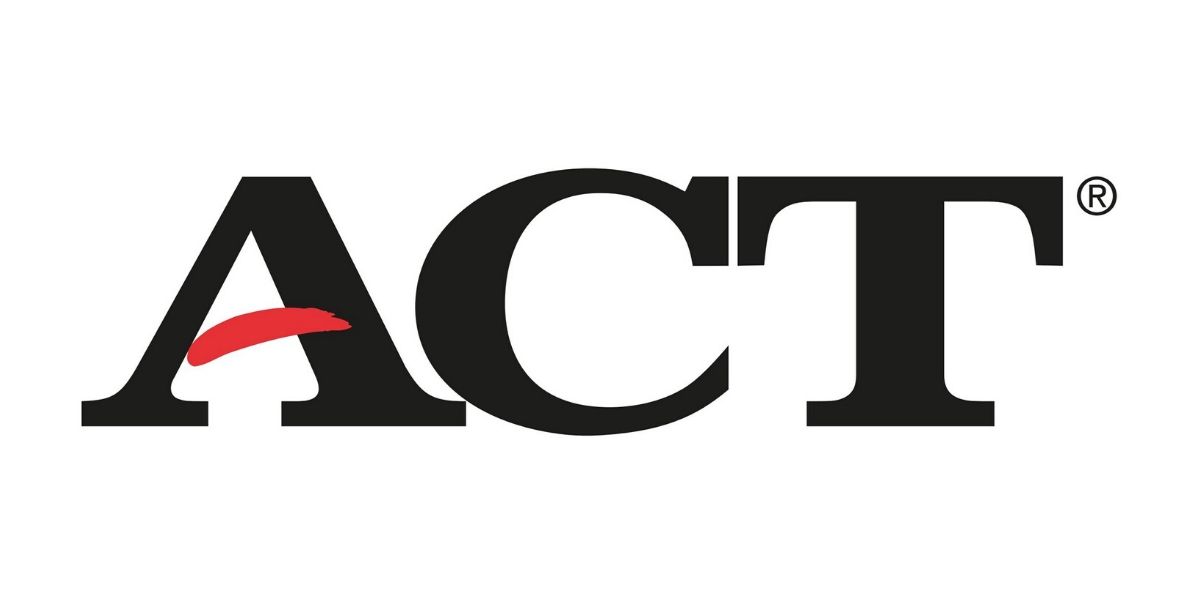The Basic College Application Checklist
You’re going to apply to a lot of schools for college soon. It’s time-consuming but you can make things easier by knowing what you’ll need to do for every application beforehand.
Getting ready to research colleges? Use this basic college application checklist for things you need to work on along the way.
Learn how to prepare for standardized tests with our year-round SAT prep and ACT prep courses today.
Make Your School Target List
The first step is making a list of target schools.
Before working on applications, make your targets clear. You need to make a list of target schools. Go online, research schools and programs that interest you. You should break your list down into 3 parts:
- Safety schools (where you are in the 75th percentile of GPA/test scores)
- Reach schools (where you are in the 25th percentile of GPA/test scores)
- Target schools (where you are near the average for GPA/test scores)
When you categorize your target schools like this, you increase your chances of getting into a school you want without compromising yourself. No matter what, you should receive an acceptance letter.
Pay Attention When Filling Out Application Forms
Simple mistakes cause serious problems.
When filling out the actual college application, answer every question thoroughly. Double-check to make sure you didn’t miss any questions or answered incorrectly.
These mistakes can delay the application itself and make you look sloppy. Also, have your extracurriculars listed out because you’ll likely be asked to include them.
Keep Track Of Submission Deadlines
Every school you apply to needs certain materials in by set dates.
Go online and check every target school’s admissions deadline page. Depending on which semester you’re trying to start, there will be a number of different application deadlines.
The main deadline types to pay attention to are:
- Early Decision
- Regular Decision
- Rolling Decision
If you go with Early Decision, then you have no choice but to attend that school if accepted. It’s a binding agreement.
Regular Decision means that if you’re accepted, then you can go to that school but aren’t required to. Rolling Decision means that the school accepts applications until the new class is filled up. There isn’t a hard deadline to follow; it’s first come first serve.
Request Your High School Transcript
Request it as soon as you can.
Every school wants to see your complete high school transcript. They need to see how you’ve progressed academically over time.
Again, review the application guidelines for each school for when to send transcripts. Talk to your guidance counselor about how to send your transcripts out.
More than likely, your counselor will make sure the documents are sent to colleges directly. Every school is different, so chat with your counselor early on for help.
Request Your SAT/ACT Score Reports
Make the most of your initial score reports.
When you register for either test, you can request the scores be sent to four schools at once. If you want additional reports sent out to more schools, you have to pay additional fees.
It can take up to a week for schools to receive your reports, so don’t take either exam too close to test score submission deadlines. If you do, you risk the schools not getting them in time.
Also, check to see if some school choices are test-optional or not. If they are, they may not require your scores at all.
Work On Your Application Essays
It’s not a one-size-fits-all approach.
Every school requests a personal essay from you to review. The personal essay is designed as a showcase for who you are and your life story.
This document should provide a window into your being and why you’re interested in a particular school. You will be asked specific questions by each school.
While many prompts are similar, don’t use the exact same essay for each school. Make sure each one is tailored to every school’s questions.
If you submit the same essay to everyone and don’t answer their questions, you’ll be found out. It’s ok to have a basic version to work off of.
Edit that template for each school. Before submitting your essays, have someone read over them and get feedback.
Ask For Recommendation Letters
Think carefully about who to ask beforehand.
When asking people for recommendation letters, it’s best to go after teachers who know you well. Why? Because their letters need to communicate:
- Your characteristics as a student
- Who you are as a person
They are vouching for your academic focus and character to schools. Now, don’t make the mistake of writing the letter yourself and asking people to sign off on it.
This will look obvious to experienced admissions officers. Instead, provide those teachers with bullet points of what to discuss instead.
That way, your accomplishments are covered in that person’s unique voice. Stay on top of them schedule-wise, and always write a thank-you note afterward.
For more test strategy, college admissions, and scholarship application tips sign up for our FREE class happening right now!
Written by Todd Marcus
More from Todd Marcus

Taking The ACT Junior Year
If you're ambitious and want to give yourself plenty of time for score improvement, then consider taking the ACT junior…

ACT 2020 Score Release Dates
Here then are the ACT 2020 score release dates to plan around, as well as, the different kinds of available…

How To Determine Your Average SAT Study Time
If you want a high score on the SAT, then you need to put in the hours. There's no way…